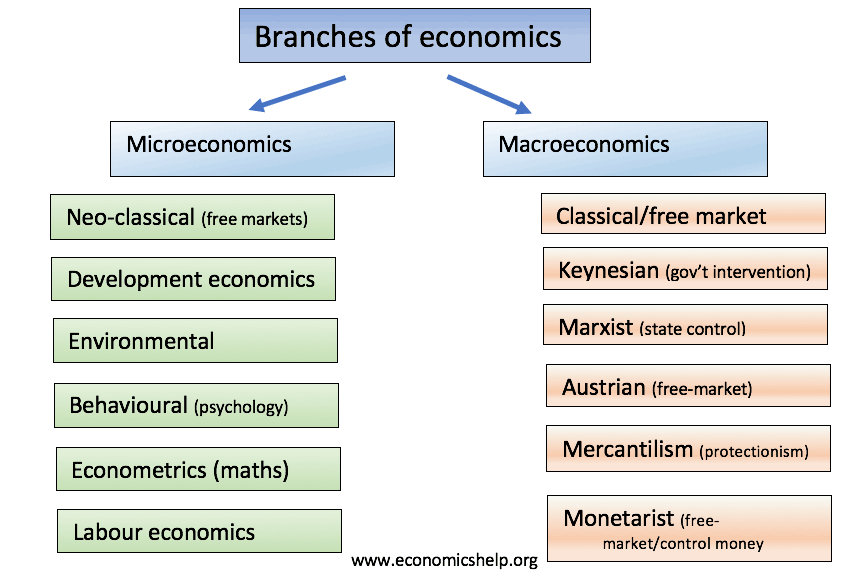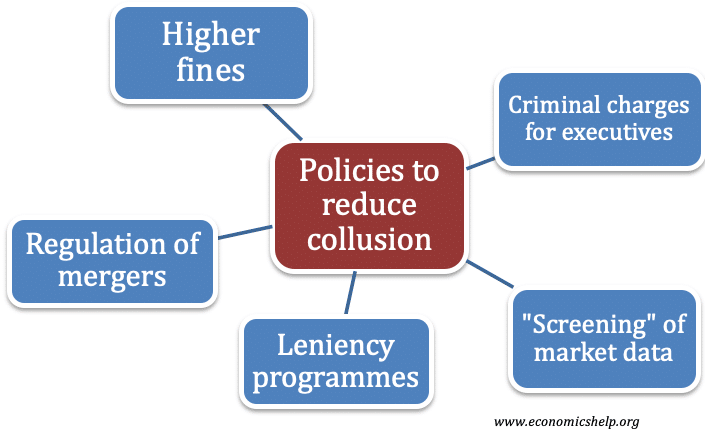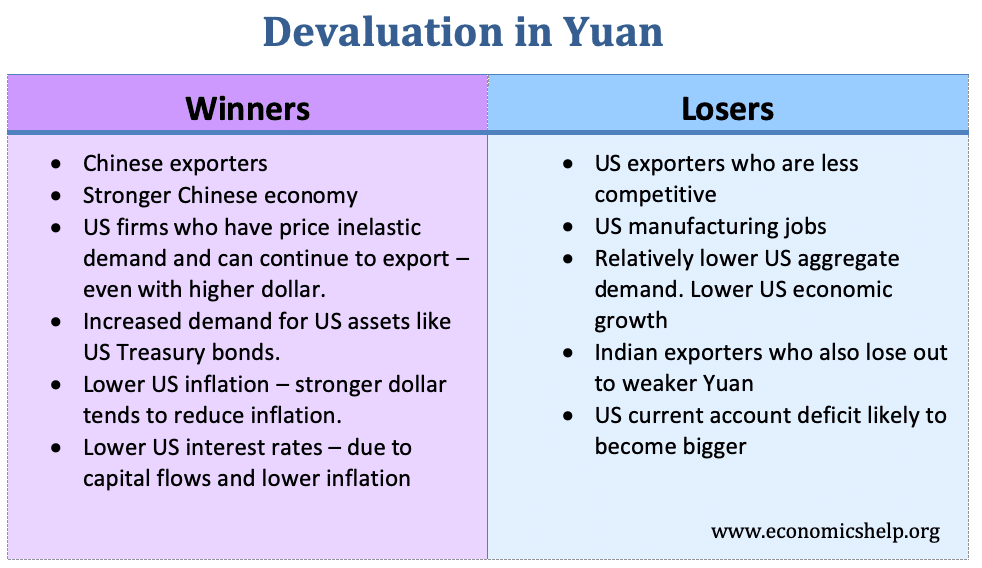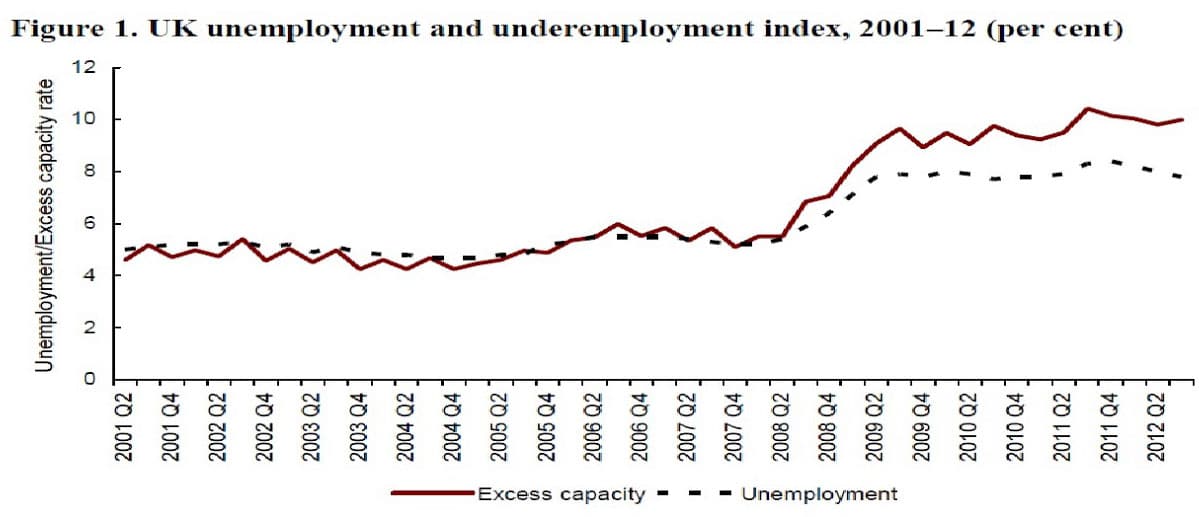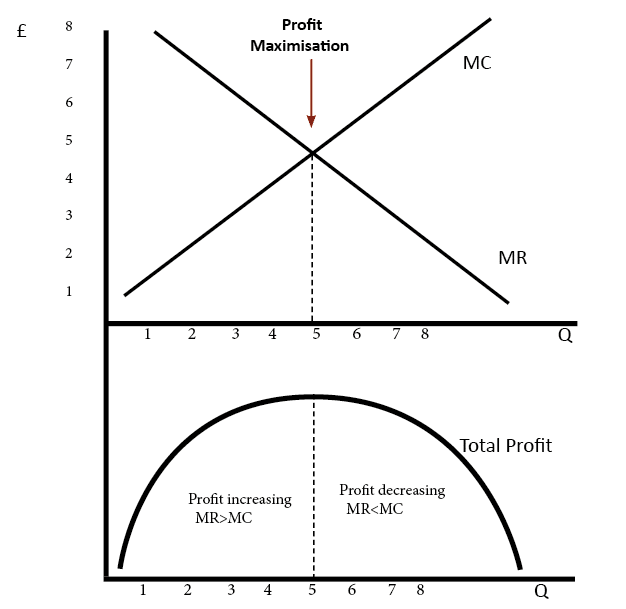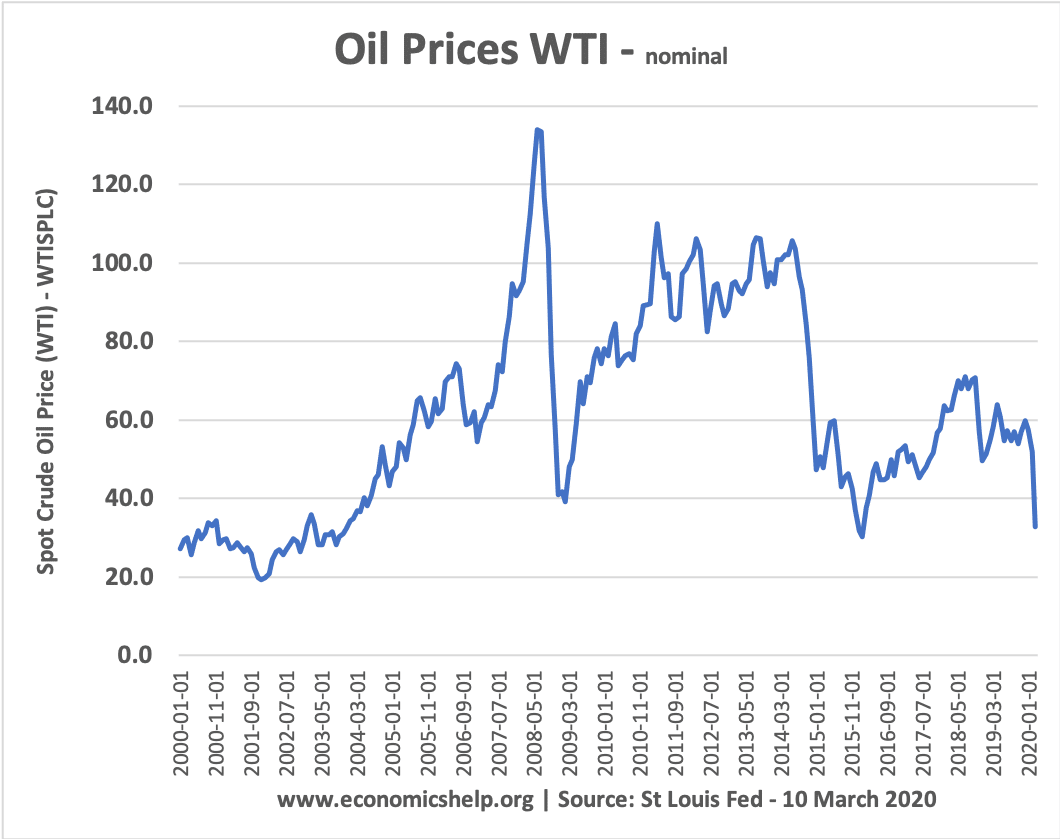Traditional theory of the firm
The traditional theory of the firm is based on classical economics and the work of early economists, such as David Ricardo and Leon Walras. The basic assumptions of the traditional theory of the firm are Firms seek to maximise profits. Information symmetry. Owners and workers of the firm have access to good information which enables …

